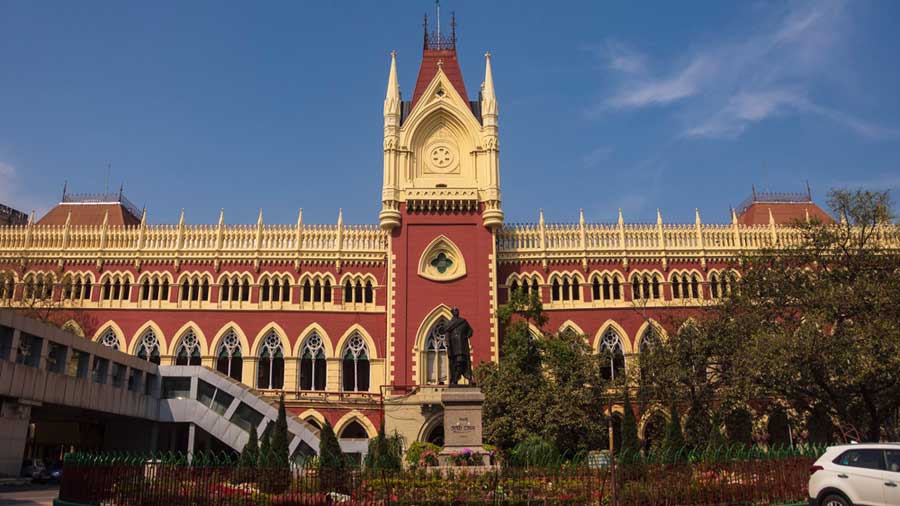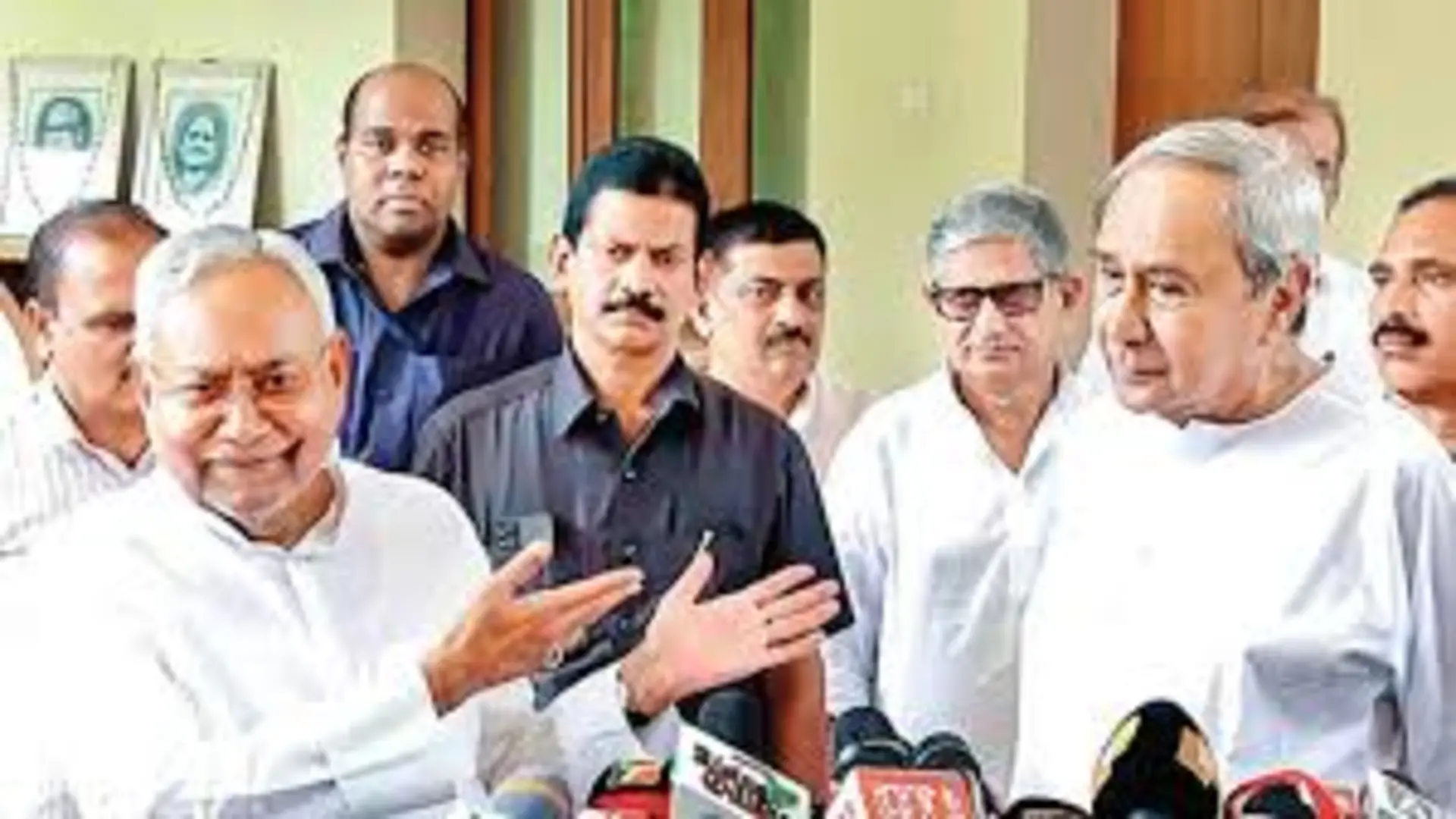While sparing no room to punch its anger against the rampant misuse of recall provision, the Calcutta High Court in a most remarkable, robust, rational and recent judgment titled M/s. Odisha Slurry Pipeline Infrastructure Ltd & Anr Vs. Rakesh Sharma & Ors. CPAN 922 of 2022, CAN 10 of 2023, CAN 11 of 2023, CAN 12 of 2023 and CAN 13 of 2023 that was pronounced as recently as on July 25, 2023 has severely criticized the practice of lawyers using procedural formalities as a “circuitous route” to reopen an already decided issue and seek a review of an order under the pretext of recall. It must be mentioned here that a Calcutta High Court Division Bench comprising of Hon’ble Mr Justice Harish Tandon and Hon’ble Mr Justice Prasenjit Biswas has said most unequivocally that, “The manner in which the argument is advanced, it leaves an impression in us that a desperate attempt is made to have the order reviewed in the garb of recall.” The Court thus held that it was not a fit case to recall the order. We thus also see that the Calcutta High Court dismissed the applications with costs of Rs 5,00,000.
Re: CAN 10 of 2023
At the very outset, this brief, brilliant, bold and balanced judgment authored by a Division Bench of the Calcutta High Court comprising of Hon’ble Mr Justice Harish Tandon and Hon’ble Mr Justice Prasenjit Biswas sets the ball in motion by first and foremost putting forth in para 1 that, “A disquiet litigant is beleaguered between the scope of recalling an order passed on contest and the order to be revisited on a perceived fraud played upon the Court at the behest of the appearing Counsel on the other side. The contempt application was taken out by the applicants in a different nomenclature and a plea of demurrer was taken which is akin to a plea of locus standi to maintain the said contempt application and was decided by this Court in an order/judgment dated 13.03.2023.”
Frankly speaking, the Division Bench concedes in para 2 that, “A practice has developed at the Bar in making an extensive argument, sometimes de hors the pleadings, sometimes by filling the documents and several applications treating the same to be a part of the record and perceiving the same to be an integral part of the pleading so as to postpone the disposal of the main matter on its merit. Even if the judgment is passed on contest, the application to recall the said order is taken out on the ground that there has been a fraud committed upon the Court in relation to certain observations made in the said judgment.”
As we see, the Division Bench points out in para 3 that, “There is a clear distinction between recall of an order/judgment and a review of the order/judgment. The review has to be entertained on a well-defined parameter enshrined under Order XLVII Rule 1 of the Code of Civil Procedure. On the other hand, the recall to a contested order has to be decided in a limited sphere and should not be permitted to expand the horizon of the consideration or the points which have been dealt with in a judgment and order passed in pursuit of dispensation of justice and adjudication of rights of the parties. Neither the review jurisdiction nor an application for recall should be permitted for re-visitation, re-writing and/or re-appreciation of the facts as its applicability is within the limited contour envisaged under the law. The moment the plea of fraud is taken, it admits no ambiguity that the Court always visualized the same as a serious matter as the person who have been instrumental to the commission of the fraud, should not be permitted to reap the benefit thereof.”
Most remarkably, the Division Bench propounds in para 6 that, “It would be an idle exercise to recapitulate the law laid down on the concept of fraud as all the judgments are uniform in the context that once the Court finds that fraud has been practised, there is no fetter on the part of the Court to recall the order as dispensation of justice is the hallmark of the judicial system. The Court should be conscious when a recall is intended on an alleged fraud and would refuse to exercise its discretion if there is lack of element of fraud or the real intention is to invite the attention of the Court to various observations which may sometimes be factually incorrect or arrived erroneously. The moment the element of fraud is lacking and the hidden intention to reopen the entire case in the garb of a so called fraud by creating an illusory cause of action with the clever draftsmanship, the Court should nip such litigation in the bud and in this regard the celebrated observation of Justice Krishna Aiyar in case of T. Arivandandam Vs. T.V. Satyapal & Anr. reported in 1977 (4) SCC 467 is required to recapitulate which runs thus:-
“the learned Munsiff must remember that if on a meaningful – not formal – reading of the plaint, it is manifestly vexatious, and meritless, in the sense of not disclosing a clear right to sue, he should exercise his power under Order VII Rule 11 of the Code taking care to see that the ground mentioned therein is fulfilled. And, if clever drafting has created the illusion of a cause of action, nip it in the bud at the first hearing by examining the party searchingly under Order X of the Code. An activist Judge is the answer to the irresponsible law suit.””
Do note, the Division Bench notes in para 14 that, “It is no longer res integra that the High Court is a Court of record and has been bestowed power to punish for its contempt. The moment the Court finds that there is an error apparent on the face of the record in order to correct the records such constitutional right can be activated and we do not find any quarrel to such powers enshrined under the aforesaid Article.
The moot question arises whether there has been a case made out for putting the record straight or correcting the error manifest from the record.”
Be it noted, the Division Bench notes in para 27 that, “It would not be incorrect, in our opinion, what we gather from the stand of the applicants that the instant application has been taken out to achieve a thing indirectly, which cannot be achieved directly. What is intended by filing the instant application is the revisitation of the judgment rendered in the contempt application and any findings incidentally or accidentally made in the instant judgment to take advantage thereof, which, in our opinion, should be deprecated.”
Most forthrightly, the Division Bench observes in para 28 that, “We have indicated in the judgment dated 13th March 2023 that the words “of inconsequential significance is being projected and the judicial hour of the Court is consumed at the expenses of the other litigants, who have an equal right under the Constitution to have their matter disposed of at an earliest”. The manner in which the argument is advanced, it leaves an impression in us that a desperate attempt is made to have the order reviewed in the garb of recall.”
Truth be told, the Division Bench states in para 29 that, “We do not find any element of fraud either from the pleading or otherwise. As indicated above, slew of litigation are filed after each days of hearing culling out something from the submissions advanced at the Bar and inviting the attention of the Court to invoke and activate the process under the criminal law.”
It is worth noting that the Division Bench notes in para 30 that, “Even a live streaming, which has started with the avowed object is being misused and/or abused despite the disclaimer having been shown therein. Every bit of interaction in course of hearing is being taken as sacrosanct and a part of the affirmative stand of the parties. The disclaimer would reveal that no person shall be allowed to record the live streaming, which is primarily aimed to make aware of the common man of the country to understand the mannerism in which the proceedings are dealt by the Court and the procedures adopted. It further aimed to bring transparency and fairness in a journey of dispensation of justice but can never be abused and misused to such extent.”
While taking a very balanced and nuanced stand, the Division Bench hastens to add in para 31 stating that, “We do not intend to say any more words and leave it to the wisdom to the respective Members of the Bar to ponder upon the same as we still have a firmed believe that the live streaming may bring a radical change in the Court’s system and may also percolate the awareness into a common people on the nuances of the procedures adopted in this regard.”
Quite significantly, the Division Bench is candid enough to mandate in para 33 holding that, “The applicants cannot be permitted to take a circuitous route and approach the Court to reopen the entire issue already decided by engaging a Counsel, who in his rhetoric invited the Court in every beat of the merit of the case.”
Most significantly, the Division Bench directs in para 34 that, “We, thus, do not find that it is a fit case where we should recall our order. However, the conduct of the parties would not deter us from imposing the costs for unnecessarily inviting the Court to invest the time on such frivolous points. We, therefore, dismiss the instant application with costs assessed at Rs. 5,00,000/- (Rupees Five Lakh only) to be deposited with the State Legal Services Authority, West Bengal by the applicants/petitioners within two weeks from date.”
For sake of clarity, the Division Bench specifies in para 35 that, “In the event of the deposit of the said amount, the same shall be invested in an account maintained for juveniles and shall be utilized for their betterment.”
Finally, the Division Bench concludes by holding in para 39 that, “List the said applications in the third of week of August 2023.”
All said and done, we thus see that it is indubitably clear that the Calcutta High Court has taken strong exception to the random misuse of the recall provision by the petitioners. This alone explains that why a heavy penalty of Rs 5 lakhs was imposed on them. It is thus the bounden duty of the petitioners to always ensure that they don’t misuse the recall provision as doing so would land them in deep trouble as we see in this leading case also! There can be no denying it!







